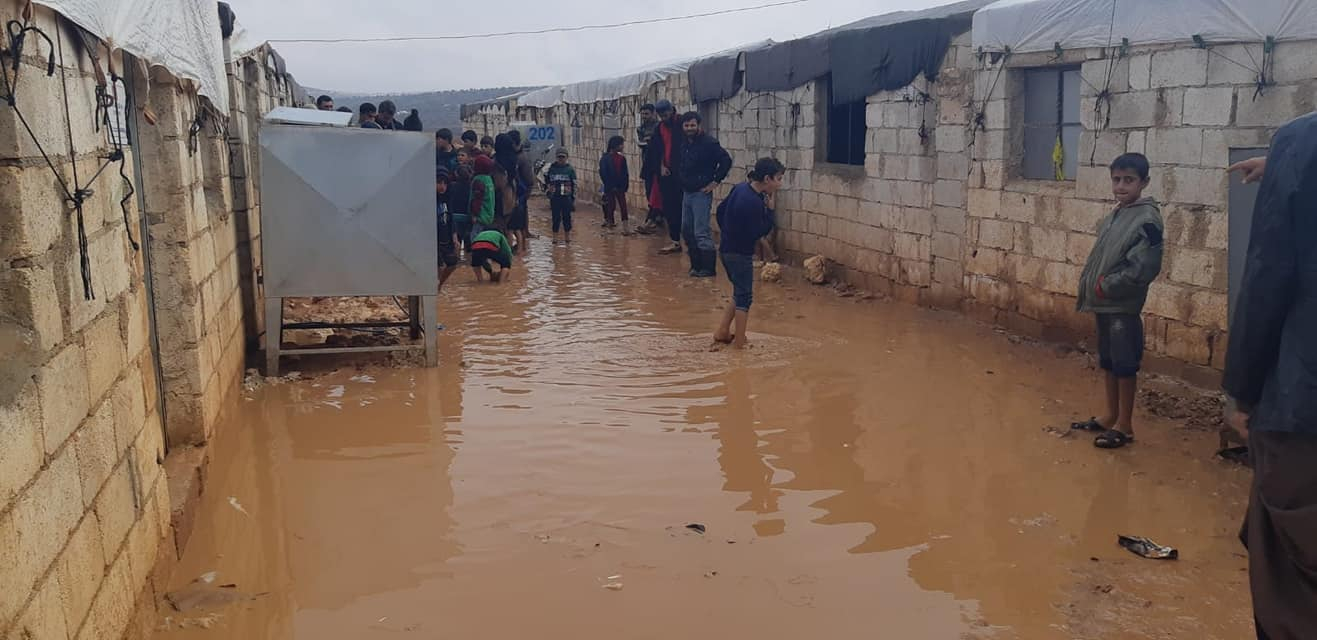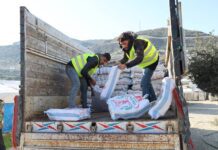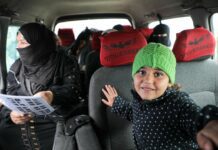
Nearly 90% of internally displaced persons (IDPs) living in camps in northern Syria face critical shortages of humanitarian aid and basic services, according to a recent report by the Syria Response Coordinators (SRC) Team. The survey, encompassing 73,484 displaced individuals across 611 camps in Idlib, its countryside, and the northern countryside of Aleppo, paints a grim picture of the humanitarian crisis gripping the region.
The findings reveal that 22 camps have gone without humanitarian support for over 18 months, leaving residents to endure worsening conditions as winter approaches. The team’s data highlights widespread deficiencies in essential services, including food, water, medical care, and education, compounding the struggles of displaced families who have already fled conflict and violence.
The survey found that 89% of respondents do not receive food aid, with only 11% receiving assistance intermittently. Access to clean water is similarly scarce, with 91% of camps lacking regular water supplies, forcing residents to depend on sporadic and often inadequate deliveries. Medical care is virtually non-existent in most camps, with 94% lacking medical points, leaving many vulnerable to disease and unable to access treatment.
The absence of education is another glaring issue. 96% of the camps lack schools, depriving children of any formal learning opportunities and placing them at significant risk of long-term developmental challenges. Basic infrastructure in the camps is also severely lacking. Firefighting and sanitation services are completely absent, raising the risk of fires and health hazards.
Additionally, the survey revealed that 98% of tents in the camps are no longer usable, with many residents forced to purchase new tents themselves despite limited financial resources. Road repair and sanitation improvement projects are absent in 82% of the camps, and where projects exist, they are vulnerable to collapse during heavy rains.
The report underscores the urgent need for increased financial and logistical support from the international community. Funding for humanitarian efforts in northwestern Syria has fallen to just 27% of required levels this year, severely limiting the ability of aid organizations to provide even basic necessities.
“The current challenges require an urgent and coordinated response at the international level,” SRC stated. “Providing immediate and sustainable support is the only way to alleviate the suffering of millions in displacement camps.”
Northwestern Syria hosts millions of displaced people, many of whom fled military campaigns by the Assad regime and Russian forces. Living in makeshift camps without proper infrastructure, IDPs face mounting challenges as winter looms.
Residents report dire housing conditions, with tents unable to withstand heavy rains and cold temperatures. Heating remains scarce, compounding the risks of illness and hypothermia. Access to food and basic necessities is further constrained by rising prices and widespread unemployment, leaving many reliant on dwindling humanitarian aid.
Humanitarian groups warn that the suffering in northern Syria’s IDP camps will worsen without immediate intervention. Aid organizations are urging donor nations to step up financial contributions and prioritize support for food, shelter, water, and medical care.
“The consequences of inaction are clear,” SRC emphasized. “If support does not increase, the suffering of displaced Syrians will deepen, and the international community will have failed millions in their time of greatest need.” With millions of lives at stake, advocates stress that a robust and sustained international response is crucial to addressing the region’s humanitarian crisis and preventing further displacement and loss of life.








